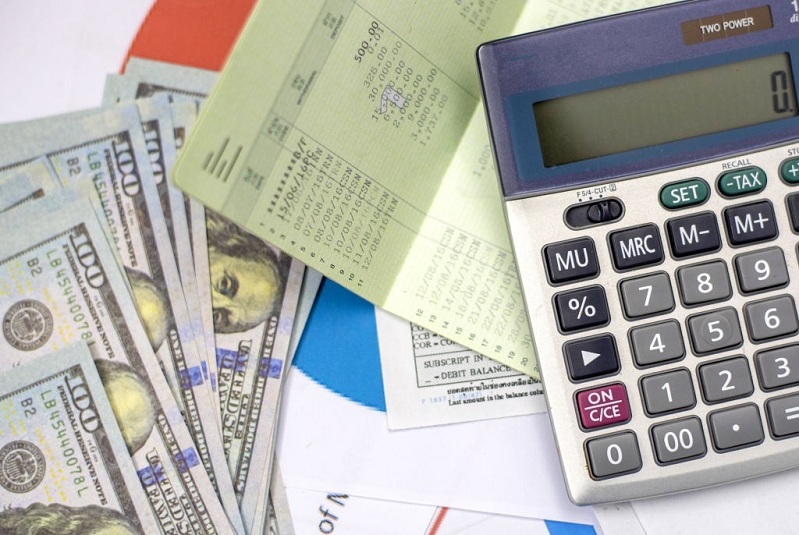
During the pandemic, it is challenging to keep up with all repayments. Money is not coming in, and expenses are waiting to burn a big hole in your pocket. Although you know you need budgeting to ensure that you are not overspending, this does not seem to be enough to ride it out.
The recession is taking a toll on every individual – salaried people as well as entrepreneurs – worst for those who have lost their jobs. The vaccination will soon roll out, but the economy will take a bit longer time to bounce back. How will you survive? This is what is in everybody’s mind during this time. Here are some of the most crucial tips shared by financial experts that can help you survive this challenging time.
Make a crisis budget
Whether you like it or not, you will need to create a crisis budget. This will cut down on all nonessential items. You will drill down to know how much money you need for your essential things like food, utilities, and the like.
Once you have to know the average monthly spending, make sure that you transfer to your savings account and stick to that plan. In case you are on a pay cut or hardly sparing any money, find out how you can lower down your regular spending.
For instance, if your grocery budget amounts to £200, try to lower it down by buying goods from a thrift store or wholesale store. However, make sure that you efficiently use up all of the items before they go off.
To make your way up the top, you should use budgeting apps. Instead of recording all expenses in a spreadsheet, use apps because it cannot slip up like you. Try to use those apps that let you set the spending limit and notify you then and there if you come closer to that limit.
Note that your budget is subject to changes when you lose your job or any other financial emergency pops up. You will have to implement the changes. Here is how you will do it:
- Contact your lender
You should immediately contact your lenders even though you have an emergency cushion. Tell them you have lost your job and you will likely fall behind repayments.
They will look over your financial condition and then offer you a repayment plan that suits your budget.
Since lenders know that most people are losing their jobs due to the virus, they will understand your situation. Early update to them can help you avoid being fallen behind repayments.
- Change your lifestyle
Even though you have a crisis budget, you may not be able to make ends meet. You will likely dip into your savings.
Try to stay within your means and do not pay for nonessential expenses. Once you land a new job, you should immediately recover your savings.
Re-evaluate your risk tolerance capacity
Risk tolerance capacity changes as your financial condition changes. Before you invest in stocks and bonds, you should re-evaluate your risk-bearing capacity. Considering that uncertainty is lingering in the air, you may need to hold on all your investment activities.
If you still continue to invest your money, try to stay diversified. Putting all eggs into one basket can cause wreak havoc on your finances. Stay focused on long term goals. This time long term goal centric investments can prove better than the others.
Stop being spendthrift
When you recoup, try to resist splurging. Although you have recovered, it does not mean that you will fritter away the whole of your money. Now you have a leeway to spend for nonessential items like dining out, but make sure you are not overdoing it.
Otherwise, it will eat up your savings. Try to meet all of your expenses with the money available with you. In case you need to take out a loan, make sure that you are using it for urgent and unforeseen expenses. This is because very bad credit loans with no guarantor are generally expensive. You can end up falling into debt if you continue to borrow money to meet regular expenses.
Rebuild emergency cushion
Do not stop transferring funds to the emergency corpus. A rule of thumb says that you should have at least six-month worth living cost in your savings account. As you bounce back, start building an emergency cushion and until you stash away the minimum amount, stick to a crisis budget. It will quickly create your savings account.
You have to be very smart with the handling of your finances during the pandemic time. Even if your job is safe, do not fritter away money because the economy is full of uncertainties. Follow the abovementioned advice from financial experts and improve your financial condition.


